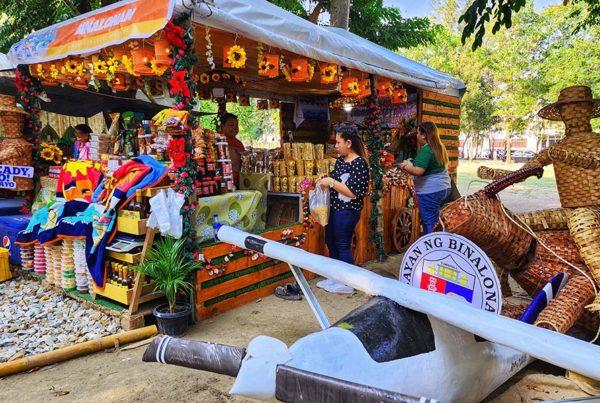The controversy over talong
TALONG (eggplant), one of the most widely-used vegetables in the country, is a celebrated agricultural product in Pangasinan.
The big town of Villasis, a major vegetable-growing first class municipality located along the main northern Luzon highway, has a grand annual Talong Festival every January and has even published a cookbook of winning talong recipes.
In the much smaller and little-heard-of town of Sta. Maria, there is also a yearly summer festival for pinakbet, a popular Ilocano dish using talong as one of the main ingredients.
And recently, Sta. Maria has had something else to do with talong.
The town, a mainly agricultural fourth class municipality with just a little more than 30,000 population, was chosen as one of the field testing sites for the development of a bio-engineered eggplant, genetically modified (GM) to be resistant to the common pest known as fruit and shoot borer (FSB).
The FSB is one of the main threats faced by eggplant growers and this is traditionally addressed through the use of chemical pesticides.
The new biotech eggplant variety, called Bacillus thuringiensis (Bt) eggplant, has been successfully harvested at the test site in Sta. Maria and proponents are optimistic that the Philippines could become the first country in Asia to have it commercially available to farmers by as early as 2011.
NO TO GM
But not everyone is a fan of GM goods.
The South East Asian Regional Initiatives for Community Empowerment (SEARICE), with the NO2GMO, last week called on Agriculture Secretary Proceso J. Alcala to stop the field tests involving Bt eggplant.
The groups assert that there has been no transparency and public participation in the
Bt eggplant development and that the GM product poses health risks.
In a letter to The PUNCH, Joya Doctor of SEARICE appealed for wider information dissemination on the issue “so that people, especially the Pangasinenses, will be given two sides of the story and decide for themselves, if they would want to cultivate or consume Bt eggplant, being the top producer of eggplants in the Ilocos region.”
SEARICE is a non-government organization involved in community-based development of plant genetic resources while NO2GMO is a coalition that leads in the advocacy against GM organisms in the Philippines.
There are several other test sites for the Bt eggplant around the country, namely: University of the Philippines (UP) Los Banos in Laguna and UP Mindanao in Davao City; Visayan State University in Baybay, Leyte; Pili, Camarines Sur; Sta. Barbara, Iloilo; and the University of Southern Mindanao, Kabacan, North Cotabato .
The Bt eggplant is being developed by the Agricultural Biotechnology Support Project II (ABSP II), a consortium of public and private sector institutions involved in agricultural biotechnology, with funding support from the United States Agency for International Development (USAID).
The proponents have given assurances that appropriate tests and required clearances will be undertaken before the crop is made available to consumers, possibly by 2012.
Share your Comments or Reactions
Powered by Facebook Comments









